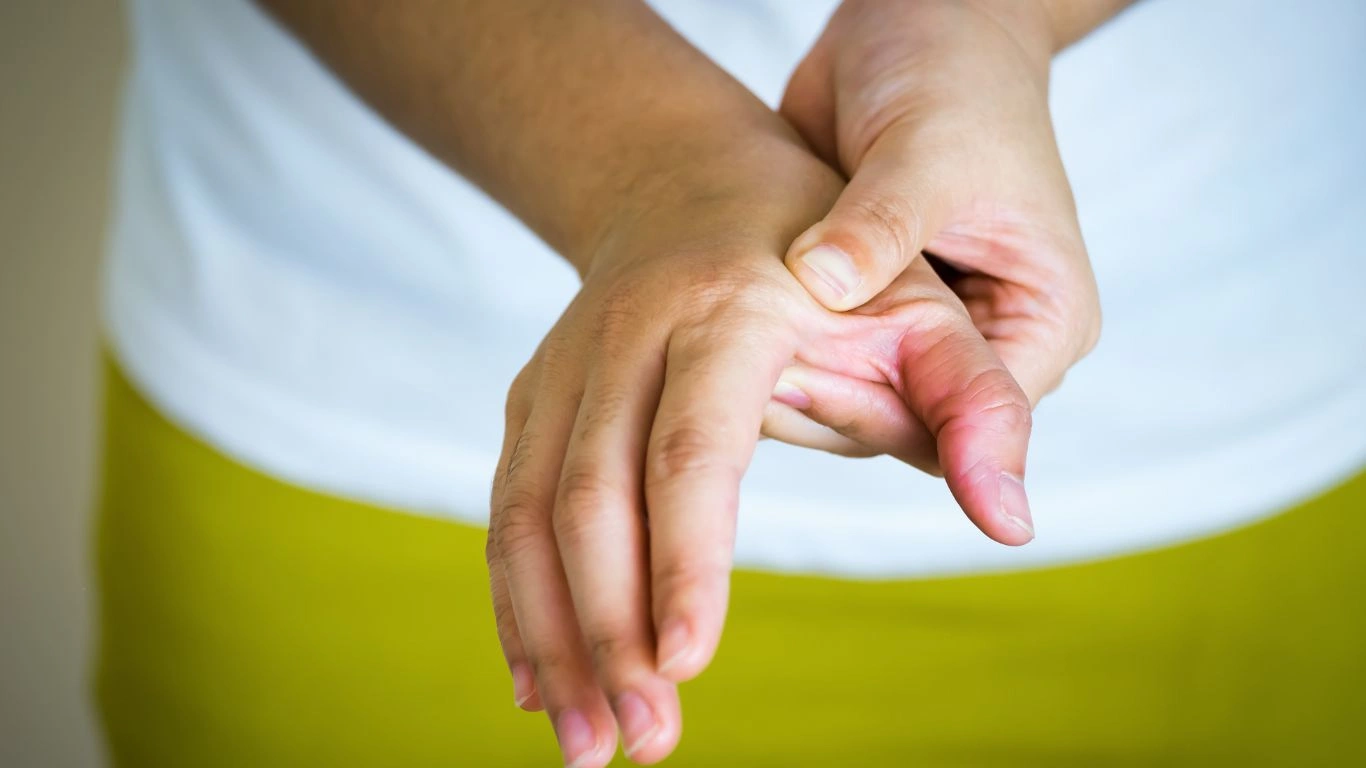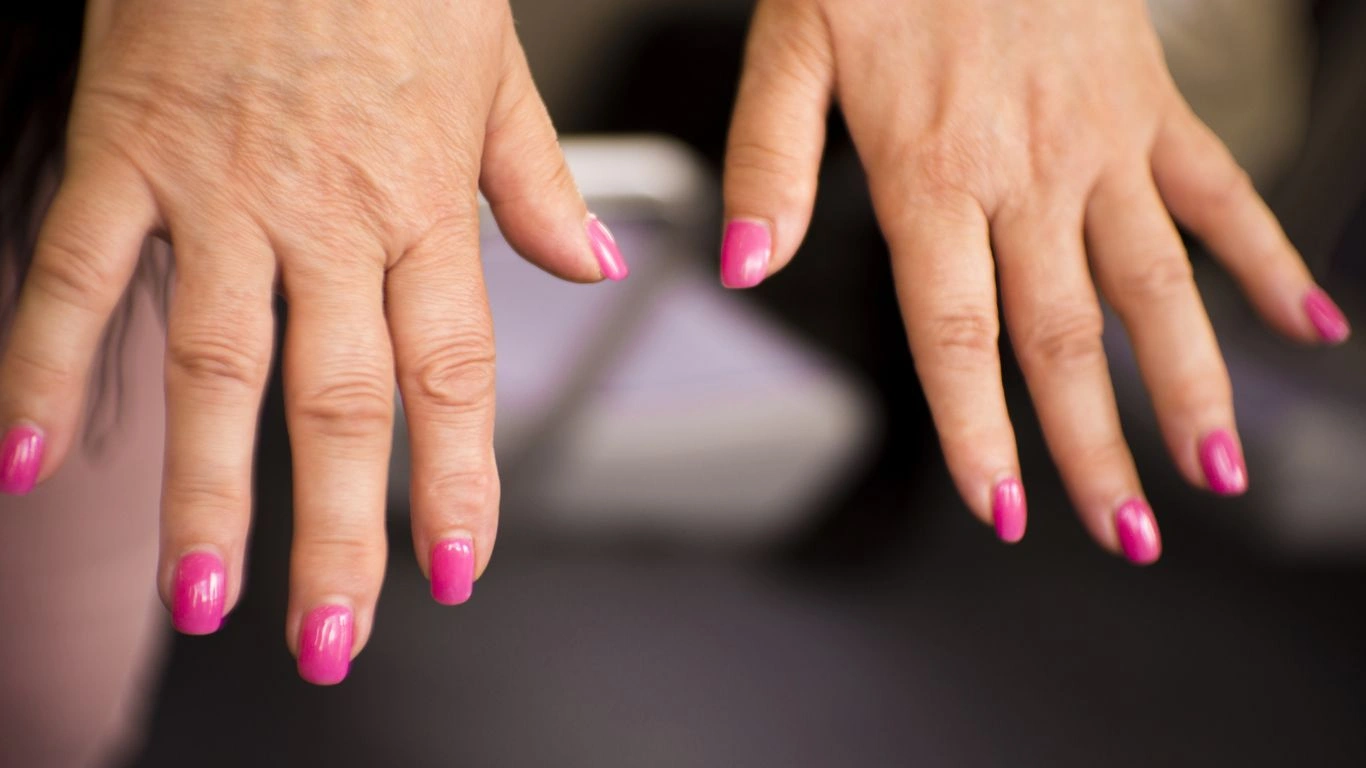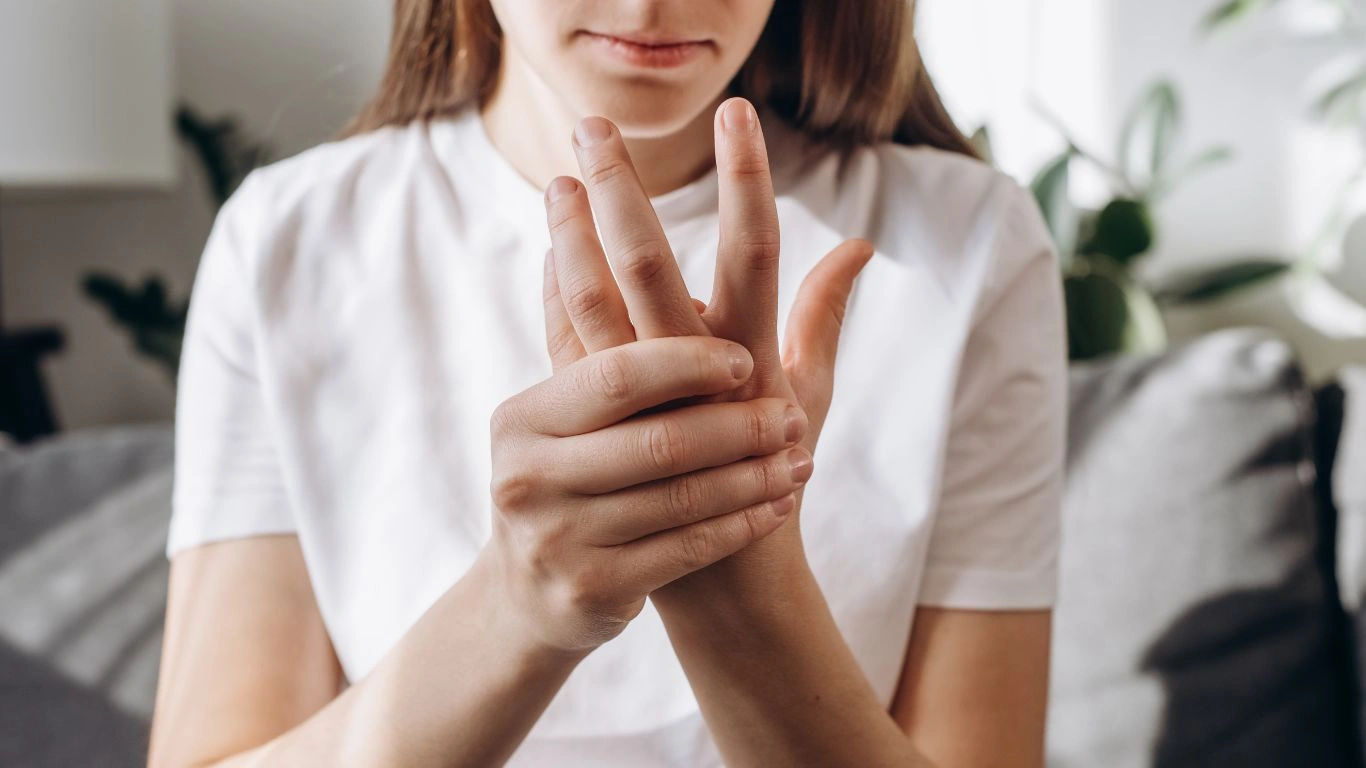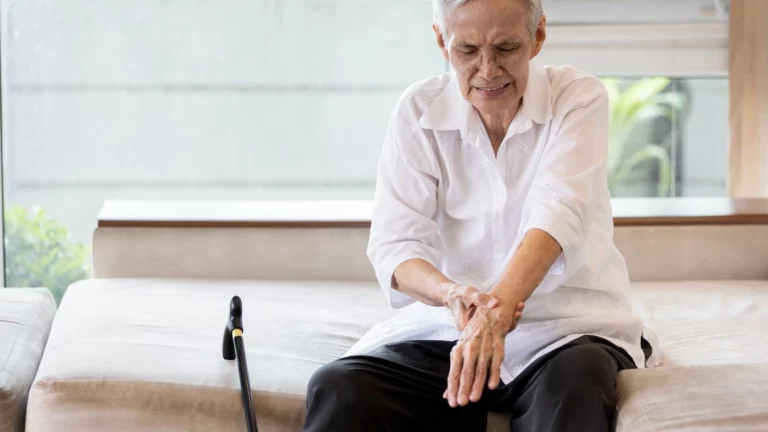Best Stress-Relieving Hobbies for Rheumatoid Arthritis Relief
Living with rheumatoid arthritis (RA) is no joke. It’s a rollercoaster of good days, bad days, and those “I just want to stay in bed” days. But over the years, I’ve learned that one of the most powerful tools for managing RA isn’t just medication or physical therapy—it’s finding stress-relieving hobbies that bring joy, relaxation, and a little escape from the daily grind of chronic pain. And trust me, I’ve tried a bunch of them. Some worked wonders, some… not so much. But let’s dive into why stress relief is so crucial for RA and explore some fantastic hobby ideas that might just become your new go-to pain distraction.
How Stress Affects Rheumatoid Arthritis
If you’ve been dealing with RA for a while, you probably know that stress is like throwing gasoline on an already blazing fire. But why does stress make RA symptoms worse? Here’s the deal—when you’re stressed, your body releases cortisol and other inflammatory chemicals. For someone without an autoimmune condition, this response is normal. But for those of us with RA, it’s like adding fuel to an already overactive immune system.
From my experience working with patients (and honestly, from my own battles with RA), stress can trigger flare-ups, intensify joint pain, and leave you feeling completely wiped out. So, reducing stress isn’t just about feeling better mentally—it’s a crucial part of managing inflammation and keeping your RA in check.
Signs That Stress Might Be Worsening Your RA
- More frequent or intense flare-ups
- Increased joint stiffness in the mornings
- More fatigue than usual (like, extra exhausted even after a full night’s sleep)
- Brain fog making it hard to focus
- Feeling more irritable or emotionally drained
Sound familiar? If so, it’s time to talk about the fun part—finding hobbies that help manage stress and keep those RA symptoms from spiraling out of control.
Best Stress-Relieving Hobbies for People with Rheumatoid Arthritis

Not all hobbies are RA-friendly—trust me, I’ve had my fair share of trying new things only to realize my joints were screaming at me the next day. But the right hobby can be a game-changer. Here are some of the best stress-busting activities that are gentle on the joints and great for mental well-being.
1. Gentle Yoga & Stretching
Before you roll your eyes and say, “I can barely get off the couch some days,” hear me out. Yoga doesn’t have to be an intense, sweat-dripping workout. There are so many gentle yoga routines designed specifically for people with arthritis.
When I first tried yoga, I was skeptical. My joints were stiff, and I felt like I had the flexibility of a wooden board. But after a few weeks, I started noticing a real difference—less morning stiffness, better mobility, and an overall sense of calm.
Why it works:
- Reduces stress hormones and inflammation
- Improves flexibility and joint mobility
- Encourages mindfulness and relaxation
Not sure where to start? Look up “chair yoga for arthritis” or “gentle yoga for RA” on YouTube—there are plenty of free videos that require zero experience.
2. Water-Based Activities

Water is magic for RA. Seriously. Whether it’s swimming, water aerobics, or even just floating in a warm pool, the buoyancy helps take the pressure off painful joints while still allowing movement.
Personally, I found water therapy to be one of the biggest game-changers for my RA. It’s like a full-body massage that also sneaks in a workout without putting strain on my joints.
Benefits of water-based activities:
- Reduces joint impact while allowing movement
- Provides natural resistance to build strength
- The warmth of the water soothes stiff joints
If you have access to a heated pool, definitely give it a try—it might just become your new favorite way to unwind.
3. Creative Arts & Crafting
Alright, let’s talk about something fun—getting artsy! Now, I’ll be honest, I was never the “artistic” type. My early attempts at painting looked like something a toddler would bring home from preschool. But here’s the thing—art isn’t about perfection; it’s about the process. And when you’re living with rheumatoid arthritis, creative hobbies can be a fantastic way to keep your hands moving without overdoing it.
When my fingers started getting stiffer, I discovered that working with softer materials—like knitting with chunky yarn or doing simple watercolor painting—kept my hands active without causing too much pain.

RA-Friendly Craft Ideas:
- Knitting or Crocheting: Use ergonomic hooks or larger needles to ease hand strain.
- Painting: Watercolors require less pressure than acrylics, making them a great choice.
- Adult Coloring Books: A simple but satisfying way to relax (bonus: great for hand dexterity).
- Clay Sculpting: Working with soft, air-dry clay can be soothing and keeps the fingers engaged.
Not only do these hobbies help with hand flexibility, but they also give your mind a break from the constant mental strain of chronic pain. Trust me, there’s something incredibly therapeutic about zoning out with a paintbrush or a ball of yarn.
4. Gardening—Yes, Even with RA!
Before you think, “There’s no way I can handle gardening with my joints,” hear me out. Traditional gardening might be tough, but there are so many ways to modify it to be RA-friendly. Raised garden beds, ergonomic tools, and even container gardening can make this hobby a reality without overworking your hands and knees.

Why gardening is a hidden gem for RA:
- Being outdoors reduces stress and boosts mood (hello, sunshine and vitamin D!).
- Light activity keeps the joints moving without intense strain.
- It’s incredibly rewarding to grow your own herbs, veggies, or flowers.
Personally, I started with a small herb garden on my balcony—basil, rosemary, mint. Low effort, high reward. If you’re new to gardening, try starting with potted plants or even an indoor hydroponic setup. No heavy lifting, just the simple joy of nurturing something green.
Hobbies That Engage the Mind (Without Overworking the Joints)
Sometimes, the best way to relieve stress isn’t through physical activity at all—it’s through something that keeps your mind busy and engaged. When my hands are flaring and movement feels like a struggle, I turn to hobbies that challenge my brain instead.
5. Reading & Audiobooks
There’s nothing like getting lost in a good book to take your mind off the pain. But let’s be real—holding a heavy book for long periods? Not always RA-friendly. That’s where e-readers and audiobooks come in clutch.
I used to resist audiobooks, but now they’re a lifesaver on days when my hands just don’t want to cooperate. Whether it’s fiction, self-help, or a deep dive into something new, books are an amazing way to escape and de-stress.
RA-friendly reading tips:
- Use an e-reader with adjustable font size to reduce eye strain.
- Invest in a book holder or stand to avoid hand fatigue.
- Try audible books or podcasts for hands-free entertainment.
6. Puzzles & Brain Games
Here’s something you might not have thought about—puzzles are fantastic for stress relief! Whether it’s a classic jigsaw puzzle, Sudoku, or a word search, these activities engage the brain while keeping your hands gently active.

Why puzzles are great for RA:
- They improve focus and mental clarity (great for fighting RA brain fog!).
- Small, controlled hand movements help maintain dexterity.
- They’re fun, low-impact, and can be done solo or with friends.
If you’re into tech, check out mobile apps for brain games—they’re a great way to keep your mind engaged without the need for physical effort.
Final Thoughts (For Now!)
At the end of the day, managing rheumatoid arthritis is all about balance. Finding hobbies that bring you joy, reduce stress, and don’t overwork your joints is key. Whether it’s stretching in the pool, painting, or getting lost in a great audiobook, these little escapes make a world of difference.
And trust me—taking time for yourself isn’t selfish. It’s necessary. Your health (both mental and physical) depends on it. So, if you haven’t yet found your perfect stress-relieving hobby, I hope this list gives you some inspiration.
Social and Community-Based Hobbies for Emotional Well-Being
Let’s be real—RA can feel isolating. There are days when the pain makes you cancel plans, or fatigue keeps you from socializing like you used to. But staying connected with others is just as important as managing physical symptoms. In fact, engaging in social hobbies has been shown to lower stress and improve mental health, which can directly impact RA flare-ups.

7. Support Groups & Online Communities
When I was first diagnosed, I didn’t realize how much I needed to talk to people who actually understood what I was going through. Friends and family were supportive, but they didn’t fully get it. That’s when I found online RA communities, and let me tell you—it was a game-changer.
Whether it’s a local in-person support group or an online forum, connecting with others who share your experiences can be incredibly healing. You can vent, swap tips, and even make lifelong friends.
Where to find RA communities:
- Arthritis Foundation – A great resource for support and information.
- Reddit’s Rheumatoid Arthritis Forum – A space where people share real experiences.
- Facebook RA Support Groups – There are plenty of private groups where you can connect safely.
8. Volunteering for a Cause
You might be thinking, “How can I volunteer when I can barely get through my own day?” But hear me out—volunteering doesn’t have to be physically demanding. In fact, there are plenty of ways to give back that don’t require heavy lifting.
For me, helping others has always been a way to shift my focus from my own pain. Whether it’s writing letters to hospital patients, mentoring online, or assisting with remote administrative tasks for a charity, finding a purpose beyond RA can be incredibly rewarding.
Easy, RA-friendly volunteering ideas:
- Mentoring or tutoring online
- Helping with virtual charity events
- Fostering pets (if you’re an animal lover!)
- Crafting blankets or care packages for those in need
Technology-Based Hobbies That Keep You Engaged

9. Digital Journaling & Blogging
Writing is therapeutic. I started journaling about my RA journey years ago, and not only did it help me process my emotions, but it also became a way to track patterns in my symptoms. If you’re someone who enjoys expressing yourself, consider starting a digital journal or even a blog.
Benefits of journaling for RA:
- Helps track symptoms and identify triggers
- Reduces stress by letting out emotions
- Can turn into a creative hobby (or even a side hustle!)
Not sure where to start? Apps like Day One or Evernote make digital journaling easy and accessible.
10. Learning Something New (Without Physical Strain!)
One of the best ways to distract yourself from RA pain? Keep your brain busy. I’ve found that learning new things—whether it’s a new language, photography, or even coding—keeps me engaged without overworking my body.
There are endless online courses available, many of them free. Platforms like Udemy and Coursera offer courses on virtually any topic you can imagine.
Great RA-friendly skills to learn:
- Photography (editing photos is fun and creative!)
- Graphic design (Canva is an easy place to start)
- Learning a new language (Duolingo makes it easy and fun)
Final Thoughts
Managing rheumatoid arthritis isn’t just about medication and doctor visits—it’s about creating a life that brings you joy, despite the challenges. Stress-relieving hobbies play a huge role in that. Whether it’s art, yoga, puzzles, gardening, or connecting with others, finding an activity that helps you unwind is one of the best things you can do for your health.
My biggest advice? Try something new. Experiment. Find what makes you happy. And most importantly, be kind to yourself on the tough days. RA is a journey, but with the right tools (and a few fun hobbies), you can make it a little easier—and a lot more enjoyable.
References
- Arthritis Foundation – Information on RA management.
- Mayo Clinic – Reliable RA research and treatment insights.
- NCBI – Studies on RA and stress management.
Disclaimer
This article is for informational purposes only and does not constitute medical advice. Always consult with a healthcare professional before making any changes to your lifestyle or treatment plan.

Tarra Nugroho is a dedicated Nurse Practitioner with a strong foundation in family and preventive care. She brings both compassion and clinical expertise to her practice, focusing on patient-centered care and health education. As a contributor to Healthusias.com, Tarra translates medical knowledge into clear, empowering articles on topics like women’s health, chronic disease management, and lifestyle medicine. Her mission is simple: help people feel seen, heard, and informed—both in the clinic and through the content she creates. When she’s not caring for patients, Tarra enjoys weekend hikes, plant-based cooking, and curling up with a good health podcast.







